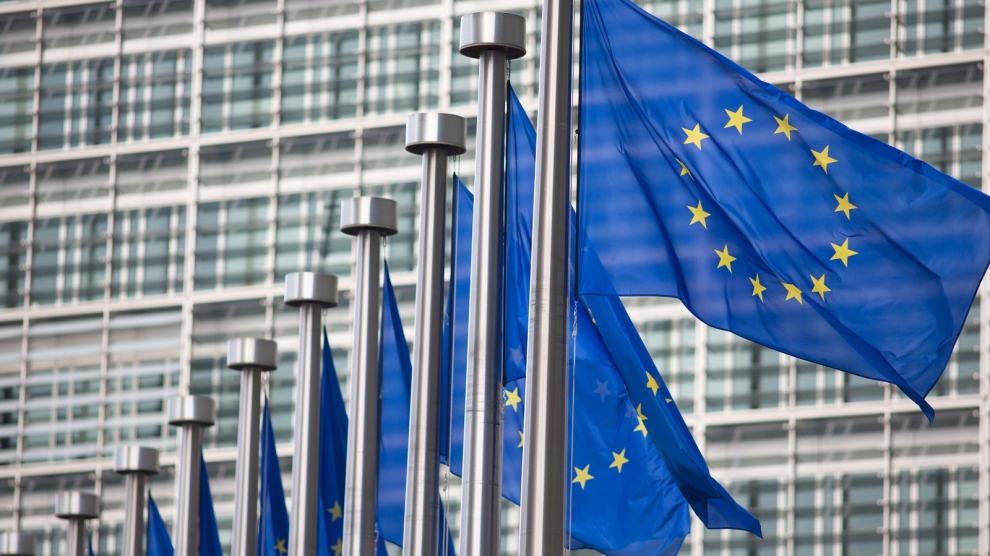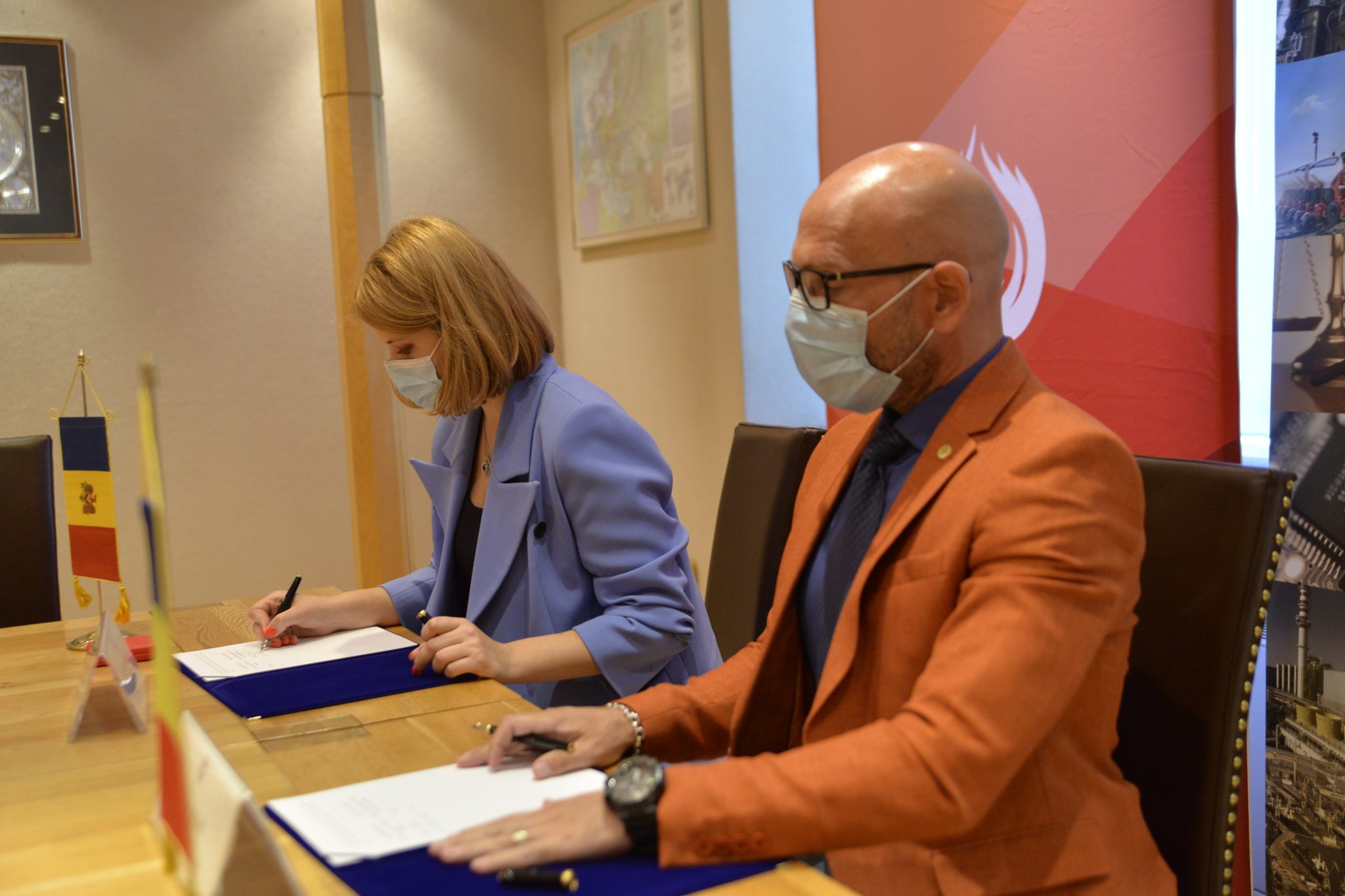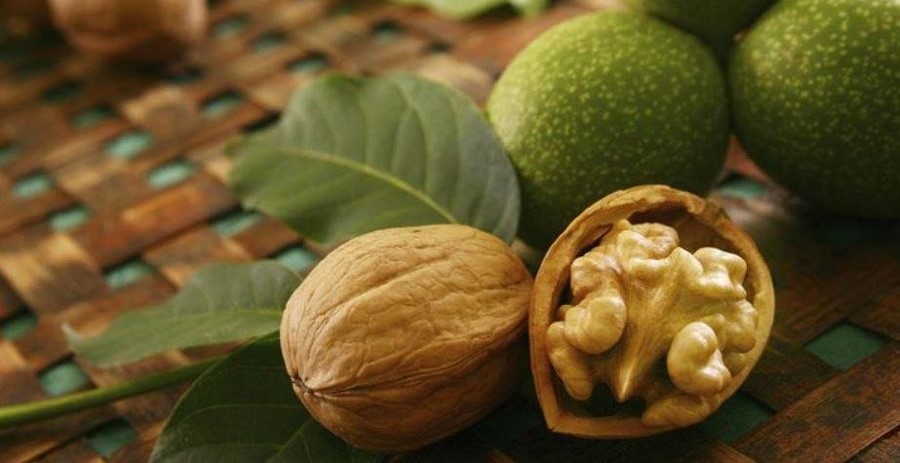Economy
Moldova overcomes the crisis and takes measures to resist the second wave
Reading Time: 2 minutesMoldova overcomes the crisis and takes measures to resist the second wave
Moldova overcame the global financial crisis and is in the process of economic revival which is evidenced by the GDP growth of 4.7% in the first quarter in comparison to the same period of last year. This was announced by Premier Vladimir Filat at the opening of the sixth investment week Moldova Business Week 2010.
Filat said the GDP growth inspires optimist to the government and allows giving a realist look to the future.
"We still need to work hard for attaining a sustainable growth, and the role of foreign investors is crucial at this point", said the Premier.
Vice Premier, Minster of Economy Valeriu Lazar also believes the Moldova’s economy reached the bottom of the crisis and begins to float.
According to him, the crisis pointed out to a number of system errors in the economy and taught the government a lecture. The officials realized the unexplained and excessive share in the industry, which caused, overall, a massive outflow of labor force, target of a minimum number of markets, full dependence on imported equipment, direction of most of direct foreign investments (60%) towards production sector, lack of "original" investments.
He mentioned that investments of large companies like Amway and Turkcell came to Moldova by means of the third-party countries like Russia and the Netherlands.
Among the government’s priorities of attracting investments, Lazar named energetic and transport sectors, logistics and quality standards.
According to him, Moldova’s advantage resides in its access to the EU and CIS markets, profitable tax system, and authorities’ openness to create maximal beneficial conditions for investments.
Ex-Speaker and ex-Minister of Economy Marian Lupu reminded that six years ago Moldova adopted appropriate legislative framework which excluded any discrimination of foreign investors, giving them equal rights with domestic businesses.
Lupu mentioned that the government’s openness in the dialogue with businesses is an important factor of its development.
"The transparency of economic policies gives much more chances to attract long-term foreign investments", he said.
Lupu is sure that the political stability in Moldova required by investors will surely come, but called the authorities to ponder if the crisis culminations has really been reached, or preparations for a new wave are needed. He called the government to think in what way the crisis will influence the economy and what are the development trends.
Lupu asked the Minister of Economy to explain the miserable growth of 1% of exports from Moldova to the EU and more than 40% growth to the Russian Federation. He also asked him how the financial and economic stability in Moldova will influence the external loans.
Lazar said that Russia’s government shows a great openness in trade and economic relations with Moldova and these relations need to be preserved, simultaneously increasing the trade with the EU.
"Sooner or later we will reach certain equilibrium", he said.
Regarding the credits and grants from international financial organization and bilateral donors, the Vice Premier answered that the growth of the external debt from 13% to 20% of the GDP will not create difficulties for Moldova.
"We are far from the critical point", concluded Lazar.
Infotag’s dossier: The investment week Moldova Business Week 2010 is taking place in Chisinau from June 22-25. The event is organized by the government, Moldova Investment and Export Promotion Organization (MIEPO) in cooperation with the Vienna Economic Forum with the financial support of Moldtelecom, Raiffeisen Lising, Orange Moldova, BCR Chişinău as well as with the support of the European Commission and UNDP.
Economy
Moldova will receive a disbursement of 36 million euros as part of the the Economic Recovery Plan

This week, the European Commission approved the disbursement of 36 million euros in grant money for the Republic of Moldova. The announcement was made by Deputy Director-General for Neighbourhood Policy and Enlargement Negotiations at the European Commission, Katarina Mathernova, who paid an official visit to the Republic of Moldova between September 13-15, together with Managing Director for Russia, Eastern Partnership, Central Asia, Regional cooperation and OSCE, at the European External Action Service, Michael Siebert.
The EU officials had meetings with President Maia Sandu, Minister of Foreign Affairs and European Integration, Nicu Popescu, Speaker of Parliament, Igor Grosu, Prime Minister of the country, Natalia Gavrilita, as well as key representatives of Government, international financial institutions and the civil society, according to a press release issued by the Delegation of the European Union to the Republic of Moldova.
Beside such topics as the EU-Moldova relations and prospects, the priorities of the reform agenda of the new Moldovan Government, preparations for the Eastern Partnership Summit at the end of the year and the Transnistrian conflict settlement, the officials also discussed the EU assistance in support of reforms and the Economic Recovery Plan for Moldova, which was announced in June with a total EU support of 600 million euros over the next 3 years.
“The first measures under the Economic Recovery Plan will shortly materialize, with the expected disbursement of 36 million euros in grant money under budget support programmes to support the authorities’ efforts to fight against the consequences of the pandemic. Moldova can count on EU’s assistance on its path to reforms and to recovery, bringing tangible results to citizens,” Katarina Mathernova stated.
The plan is based on assistance provided by the European Union through various bilateral and regional instruments, aiming to mobilize the funds in the form of grants, loans, guarantees and macro-financial assistance.
“The Economic Recovery Plan for the Republic of Moldova involves much more, not just this financial support provided immediately. It must help digital transformation, strengthen infrastructure, energy efficiency, education and support small and medium-sized enterprises,” the EU official also said.
As Prime Minister Natalia Gavrilita informed, “The Economic Recovery Plan and the 5 flagship initiatives for Moldova in the Eastern Partnership will directly contribute to the reform and consolidation of institutions, stimulate long-term socio-economic development, bring direct benefits to citizens, and unleash new economic opportunities through promoting the green agenda and digitization. Small and medium-sized enterprises (SMEs) have been hit hard by the crisis. Promoting and diversifying access to finance and reducing collateral requirements will be essential in supporting economic operators. We are grateful to the EU partners who will launch two programs to support 50 000 independent Moldovan SMEs to adapt to the new conditions.”
President of the Republic of Moldova, Maia Sandu, welcomed the decision of the European Union to disburse about 745 million lei in grant money, as the official page of the President’s Office announced. “EU support comes after a long period of freezing of European assistance, caused by former governments. We managed to relaunch the political dialogue with the European Union and resume financial assistance. The Republic of Moldova is gradually regaining the trust of its strategic partners. This European support is also a signal of encouragement for the new Government team in its commitment to clean up the institutions, fight corruption and launch development programs in the country,” said Maia Sandu.
Photo: unknown
Economy
Romania and Moldova signed a partnership memorandum pledging to cooperate in promoting their wines

The Chamber of Commerce and Industry of Romania (CCIR) and the National Office for Vine and Wine (NOVW) of the Republic of Moldova signed, last week, a memorandum of cooperation on organizing joint promotional activities in the markets of common interest, as the CCIR announced.
China, Japan or the USA are just some of the markets targeted by the Romanian and Moldovan institutions. The memorandum also involves advertising activities for wines from common indigenous varieties, promoting the oeno-tourist region, developing a tourist route in the two states, exchange of experience, study visits, and mutual support in identifying new export opportunities. “We are very confident that this collaboration between our organizations will lead to sustainable economic growth and a higher degree of well-being among Moldovans and Romanians,” claimed Deputy Secretary-General of CCIR, Bogdan Visan.
On the other hand, Director of the NOVW, Cristina Frolov, declared that no open competition with Romania is aimed at the governmental level of the Republic of Moldova. “This request for collaboration is a consequence of the partnership principle. Romania imports 10-12% of the wine it consumes, and we want to take more from this import quota. Every year, the Romanian market grows by approximately 2.8%, as it happened in 2020, and we are interested in taking a maximum share of this percentage of imported wines without entering into direct competition with the Romanian producer,” the Moldovan official said. She also mentioned that Moldova aims at increasing the market share of wine production by at least 50% compared to 2020, and the number of producers present on the Romanian market – by at least 40%.

Source: ccir.ro
**
According to the data of the Romanian National Trade Register Office, the total value of Romania-Moldova trade was 1.7 billion euros at the end of last year and over 805 million euros at the end of May 2021. In July 2021, there were 6 522 companies from the Republic of Moldova in Romania, with a total capital value of 45.9 million euros.
The data of Moldova’s National Office of Vine and Wine showed that, in the first 7 months of 2021, the total quantity of bottled wine was about 27 million litres (registering an increase of 10% as compared to the same period last year), with a value of more than one billion lei, which is 32% more than the same period last year. Moldovan wines were awarded 956 medals at 32 international competitions in 2020.
Photo: ccir.ro
Economy
Moldova’s hope to be a top walnut exporter and its main difficulties

The Republic of Moldova has perfect weather conditions for growing walnut trees, that creating a great potential of walnut production and trade, especially on international markets, where the demand is way higher than the product’s supply. National and international experts believe that the country’s walnut production industry is on the verge of important transformations, which could lead to increased yields, quality and competitiveness worldwide.
According to authorities, Moldova exports 34-35 thousand tons of walnuts in shell, which is about 7% of the total export of fruit and 5% of the total export of horticultural products. The export value is assessed as being $120 million, that being 57-60% of the total fruit export value and about 50% of horticultural export value. Most of walnut crops are exported to the EU countries, such as France, Germany, the Netherlands, Romania and Austria. The country’s exports were among the world’s top 10 when it comes to the highest dollar value of the product during 2020.
Viorel Gherciu, Minister of Agriculture and Food Industry, pointed out that the production in the domestic walnut industry has increased by 55% in the last five years, which ranks Moldova among the main producers in the world.
“The biggest opportunity for this industry is that we are in the geographical proximity of the largest walnut import area in the world, which is the European Union, with almost 40% of total imports in the world. We are on the EU border, with privileged relations, with an Association Agreement. We already enjoy a good relationship in working with European importers, they trust our processors. A very close collaboration has been created and this is, in fact, the guarantee for those who invest in the area,” claimed the president of the Walnut Producers Association, Oleg Tirsina.
The data provided by the National Bureau of Statistics show that there are 34.7 thousand hectares of walnut plantations in the country. 20.90 hectares are represented by orchards. 75% of planted orchards are formed of old varieties trees. 30-35% of the exported production comes from orchards, the rest comes from individual farmers and plantations along the roads. This means that the quality of walnut production is not at its maximum potential. Developing commercial plantations through orchards modernization and extension of walnut varieties would provide double yield and better quality, experts say.
Governmental support in the form of subsidizing solutions, foreign investments and credit options are indispensable for the industry development. One of the financing options is the credit line of the European Investment Bank Project. Since 2016, 15 producers and processors of nuts, almonds and hazelnuts have benefited from these loans with the total amount of investments worth 8.7 million euros. A further extension of the project would provide another 60 million euros for the modernization of the horticultural sector in general and for harvesting organic walnuts in particular.
Photo: heymoldova.com





















